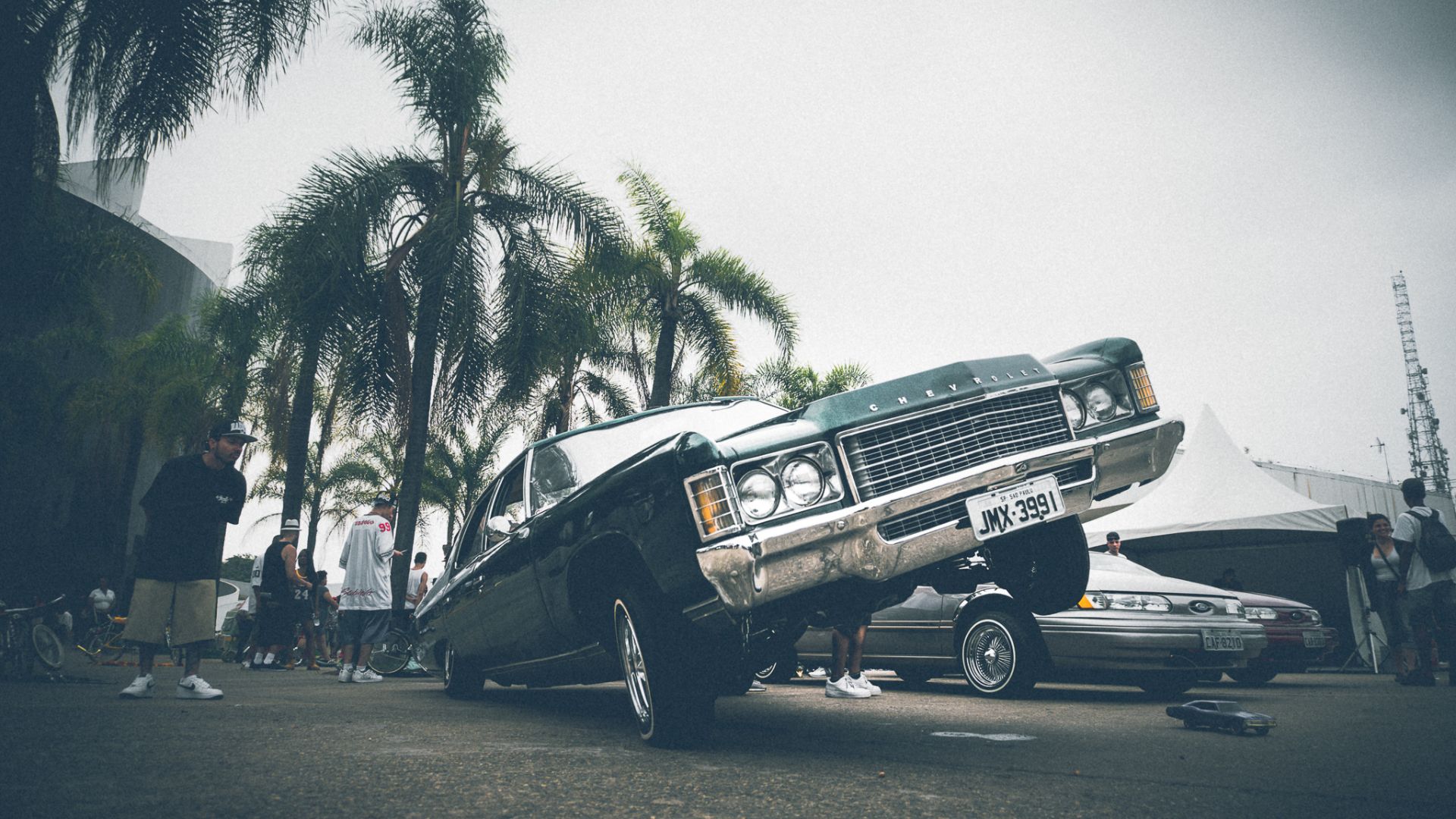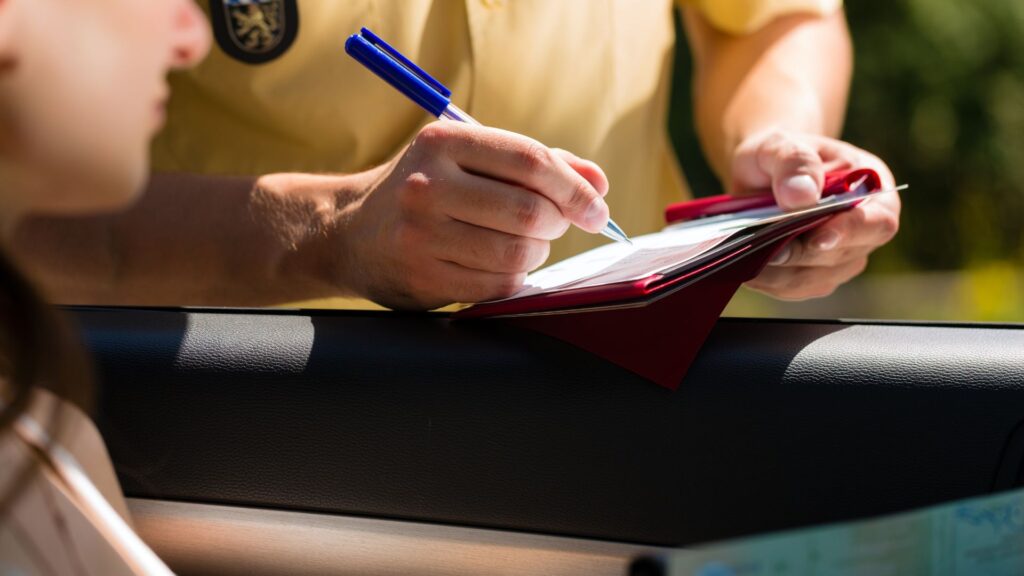Cruising is a popular cultural activity in California because it brings people from different walks of life in one spot to connect and bond over their love of classic cars. However, California’s Cruising law has restricted the act of cruising and organizing cruising meet ups for the fear of creating public disturbances and an opportunity for criminal activity to take place so openly. For those reasons, cruising has been outlawed and has resulted in many drivers being ticketed and issued misdemeanors for trying to take part in this social activity.
Despite the concerns over what cruising may entail, a new legislation has passed that legalizes cruising all over California. With that in mind, let’s go over what California’s cruising laws were and explore how this new legislation changes cruising in California.
What is Cruising?
Cruising is referred to as the act of driving a vehicle slowly through a designated area with a group of people repeatedly. It is meant to serve as a social activity where car enthusiasts can meet up, show off their vehicles, and socialize with those with similar interests. Many cruising gatherings are typically organized on urban streets and drivers would often play music loudly to make the meetup more festive and energetic.
Is Cruising Illegal in California?
The act of cruising was made illegal in California due to the amount of noise complaints, traffic jams, and local disturbances it has generated. However, one of the biggest reasons against the act was the correlation between cruising meetups and organized gang activity. Despite these accusations from local and federal government agencies, the passing of Assembly Bill 436 in 2024 has made cruising legalized and repealed any previous prohibitions of cruising.
The bill even prevents local law enforcement from pulling drivers over for cruising and driving modified cars that are low to the ground and featuring hydraulic suspension systems. With the passing of this bill, car enthusiasts all across California are ecstatic that they can now creatively express themselves through their vehicles, showcasing their pride and enthusiasm in car culture and even cultural communities.
Why Were Cruising Laws Started?
Cruising laws were originally passed in 1988 in an effort to control traffic situations such as traffic jams, car accidents, and local traffic related disturbances to local businesses and residential households from spiraling out of control. The original law gave local law enforcement and city governments the authority to make cruising and driving lowriders a ticketable offense that has resulted in issuing a variety of traffic tickets, charges, and even vehicle impoundments.
While the extent of cruising bans varied from city to city, there were many who expressed their discontent with the law as they believe it was implemented over fears of traffic congestion and crime and, as a result, it has unfairly targeted those in the Latino community and other minorities where car culture is a prominent staple.
What is the Penalty for Cruising in California?
The penalty for cruising in California ranged from fees to traffic citations and the severity of these fees varied from city to city. For instance, according to Los Angeles Code of Ordinances Section 15.78.020, the penalty for cruising for the first time would result in a $100 fine and for every repeat offense within a year, the fine would increase to $200 and then to $250.
If these fees are not paid within a reasonable amount of time, according to California Vehicle Code 13365 the DMV will be allowed to suspend the violator’s driver’s license until the fines have been paid and the violations have been amended by the violator. Any further disregard of fines and violations will eventually result in criminal charges.
What Should I Do if I Get Ticketed for Cruising?
If you have been ticketed for cruising, it is vital that you understand why you have issued the ticket, because with the legalization of cruising, any penalties for cruising should not be applicable unless you were violating specific ordinances. Should the ticket be completely warranted, it is recommended to pay off the ticket as soon as possible in order to avoid points being added to your record.
However, if you believe you have been subjected to an unlawful motor vehicle stop and would like to seek legal representation regarding the matter, contact us today at (213) 927-3700 or use the online contact form to speak to our compassionate and dedicated legal staff.












































































